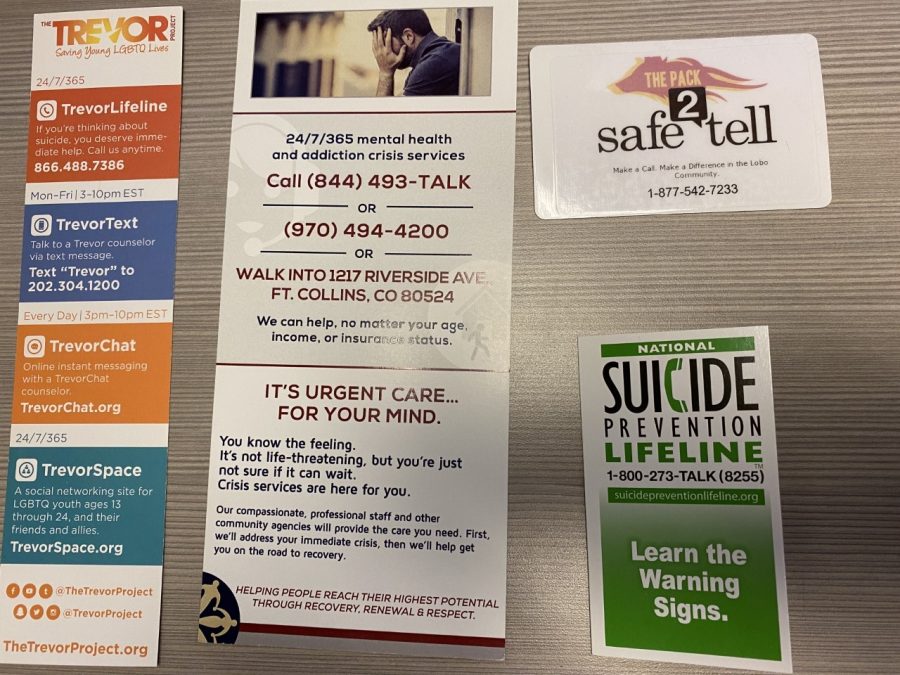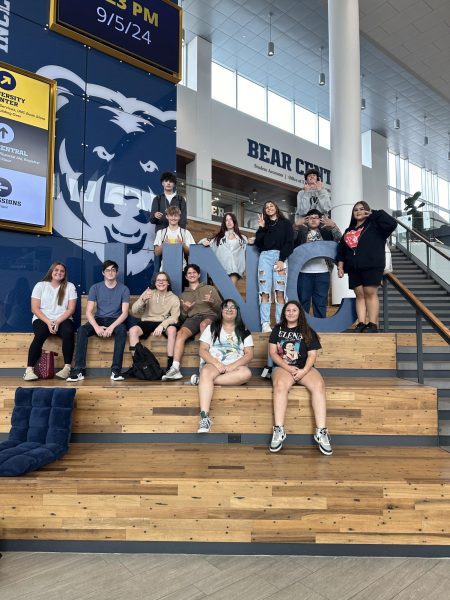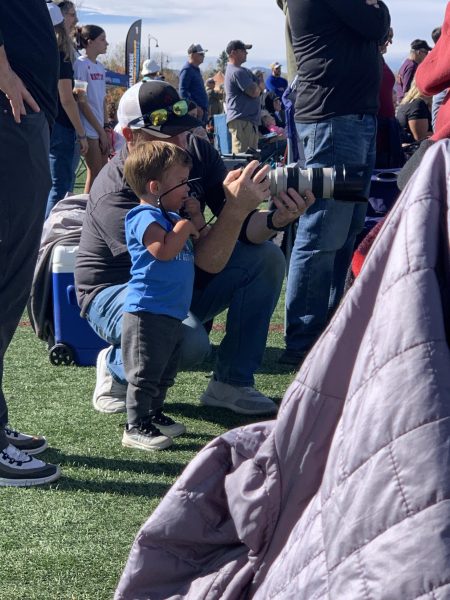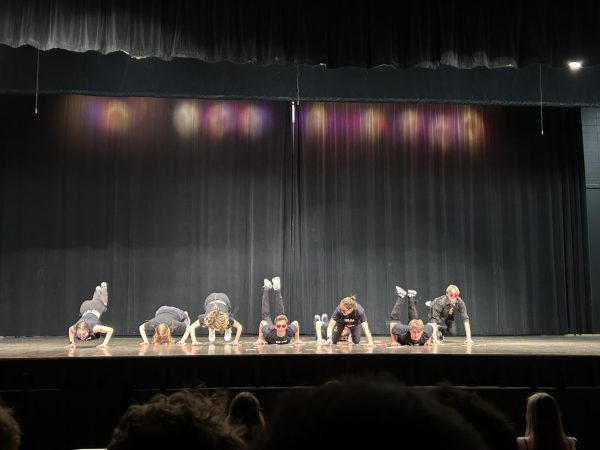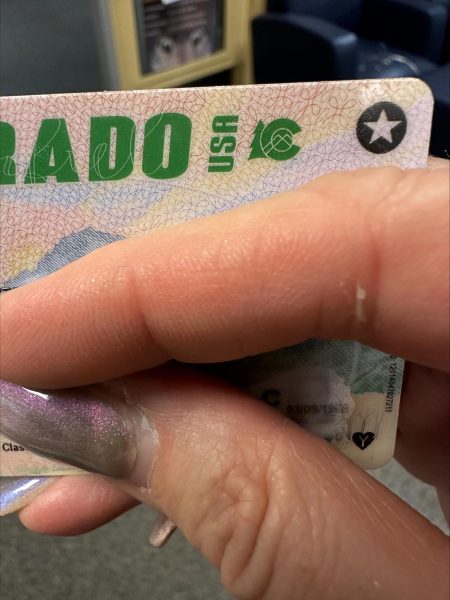IMATTER Program Launched in Colorado
According to the Center for Disease Control, “In 2019, approximately 1 in 6 youth reported making a suicide plan in the past year, a 44% increase since 2009.” The number of adolescents who struggle with mental health has grown exponentially. The state of Colorado has recognized that this is a major problem needing to be addressed. One of Colorado’s solutions was to launch a new program to help teenagers get access to free therapy sessions.
The new IMatter program allows teens to connect to three free therapy sessions online. Teenagers between 12 and 18 can sign up online at https://imattercolorado.org/. The website takes them through a quiz and gives the option to be connected with a 45-minute appointment within two weeks. In addition, anyone 12 and under can sign up and fill out the survey with a parent/guardian.
With the current funding, the state estimates the program can provide 10,000 free services between now and June. There’s hope that the program can reach more than one million free services.
Colorado is one of the first states to address this issue and to implement a solution. Students who are feeling overwhelmed or suicidal have free, confidential assistance. However, if anyone is feeling like an immediate danger, this may be too slow. Colorado offers immediate assistance through several different programs listed below.
A way to help friends is to know the signs of suicide:
- Talking about wanting to die or kill oneself.
- Looking for a way to kill oneself, such as searching online or buying a gun.
- Talking about feeling hopeless or having no reason to live.
- Talking about feeling trapped or in unbearable pain.
- Talking about being a burden to others.
- Increasing the use of alcohol or drugs.
- Acting anxious or agitated; behaving recklessly.
- Sleeping too little or too much.
- Withdrawing or feeling isolated.
- Showing rage or talking about seeking revenge.
- Displaying extreme mood swings.
Other programs that could be used instead of the IMatter program include:
National Suicide Prevention Lifeline:
- 1-800-273-8255
The Trevor Project (Saving Young LGBTQ+ Lives):
- TrevorLifeline (24/7/365): 866-488-7386
- TrevorText (mon-fri, 3pm-10pm EST): Text “Trevor” to 202-304-1200
- TrevorChat (everyday, 3pm-10pm EST): TrevorChat.org
- Trevor Space (24/7/365): TrevorSpace.org
Colorado Crisis Services (24/7/365 mental health and addiction crisis services):
- Call: 844-493-TALK
- Call: 970-494-4200
- Walk into 1217 Riverside Ave., Ft. Collins, Co 80524
Therapists in town include:
CAYAC: this in-town center offers therapy to children up to age 24 and their families.
Call 970-221-3308 to make an appointment.
- 425 W. Mulberry St., Suite 112, Fort Collins, CO 80521
Connections: the same program as CAYAC but for adults over 24. Connections therapists are available to help with emotional health or substance use concerns you may have.
Call Connections at 970-221-5551 if you need someone to talk to
- 425 W. Mulberry St., Suite 112, Fort Collins, CO 80521
SummitStone (mental health and addiction crisis services): The Crisis Services center is available between 8:00 am and midnight to anyone who may be experiencing a mental health or substance use crisis.
You can call 970-494-4200 for details
- Walk into 1217 Riverside Ave., Ft. Collins, Co 80524
LifeStance Help: A service provider that helps find a good fit with your insurance
Go here to book an appointment: https://lifestance.com/location/state/colorado/
Safe2Tell: an anonymous reporting website that allows you to report any activity that concerns you
Call: 877-542-7233 to report something anonymously
Website: https://safe2tell.org/
Emergency Room: the ER at the closest hospital near you is a great resource if you yourself are having thoughts of suicide, or if someone you know is in immediate danger.
In-school services:
- Counselors (Student services)
- Wellness center (Room 303)
- Mental illness support group (Monday at lunch in the multipurpose room)
Students should feel safe reaching out and confident that someone can help them. One of these options is a good place to start.

Tessa is a sophomore writer/editor for The Highlighter. She enjoys listening to music, watching movies, and hanging out with her friends. In the future,...

Eva is a second year writer and editor for The Highlighter. She is a Junior this year at Rocky. Outside of school she enjoys hanging out with her friends...
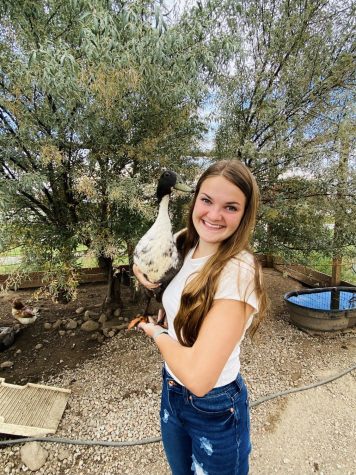
Kailyn is a junior at Rocky Mountain. This is her first year being on the newspaper team. Outside of school, Kailyn likes to spend her time outdoors and...


